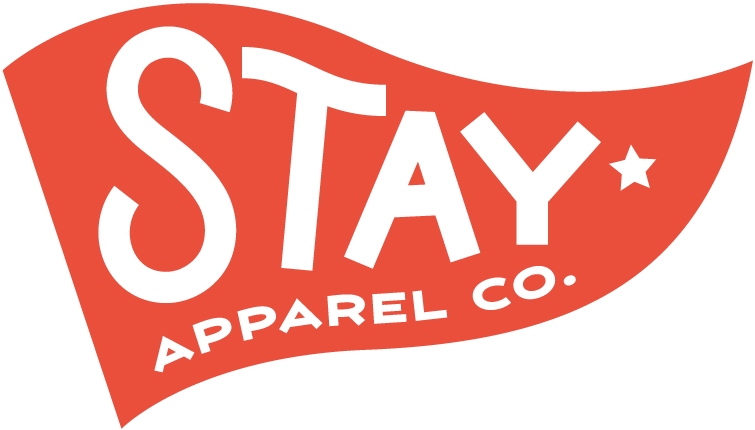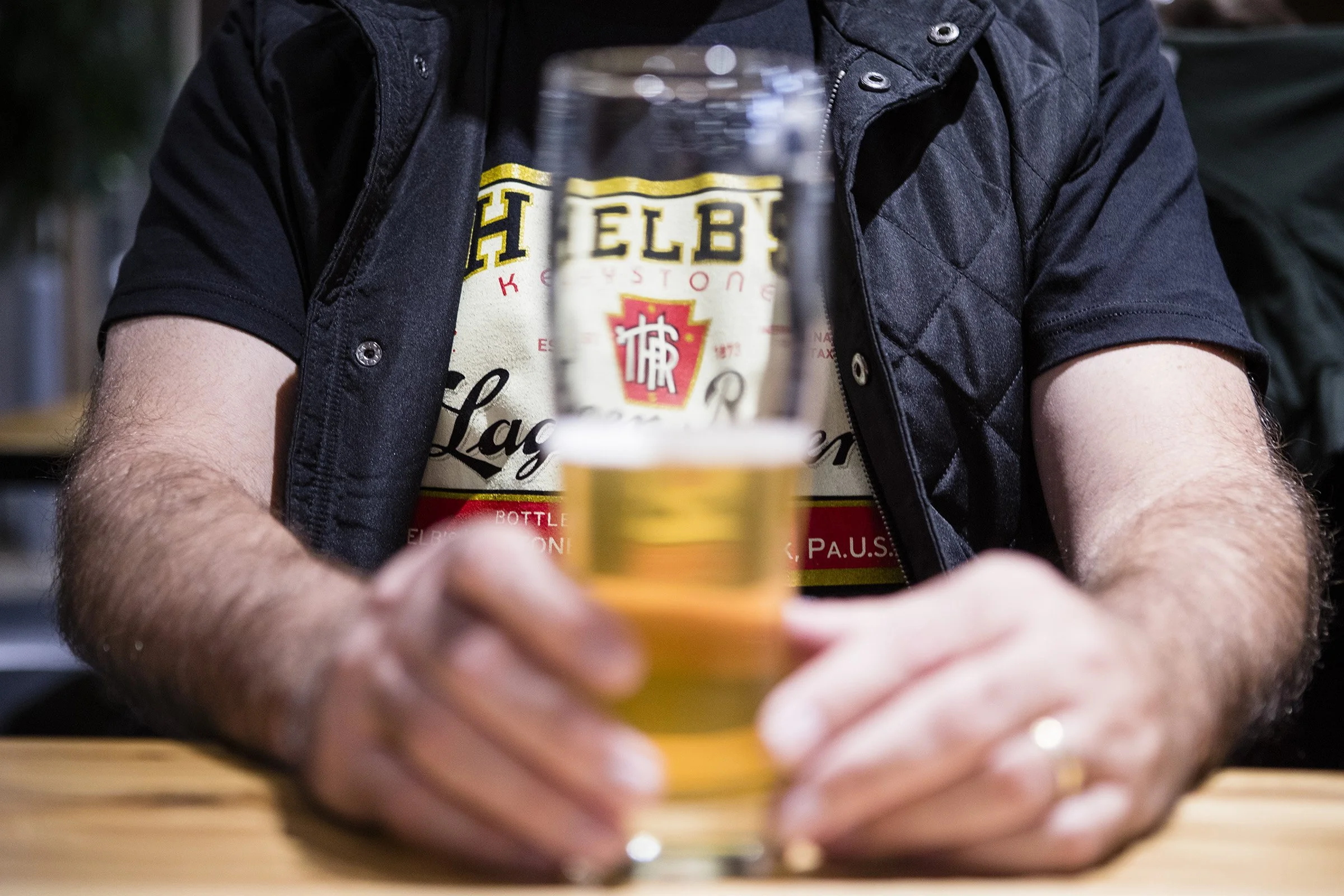Telling stories, such as how Helb's Brewery in York pioneered the use of electric vehicles
Seemingly everyone sells T-shirts these days, which makes it challenging for a retailer to stand out.
We try to do that by only offering Made in USA tees and printing them in Lancaster, Pa., because supporting American workers and our local communities is just the right thing to do.
We also work hard to deliver great designs in the belief that we never can ask customers to buy something simply by appealing to their sense of patriotism.
And we offer extra value in that we strive to tell a story with each design, whether it’s an original such as Pennsylvania Craft Beer or Pennsylvania Bigfoot Believers, or one of our throwback tees.
The latter feature defunct brands, including Herpak Franks in Harrisburg, the Flying Machine restaurant in Hershey and Garvin’s Department Store in Lancaster.
We don’t just slap their logos on tees. We take the time to learn about them and share their often rich pasts with our customers through blog posts or conversations when we’re at shows. We feel a deep responsibility to honor those brands in this way.
‘Sold all their horses’
The story I’ve probably shared the most involves Helb’s Keystone Brewery, which was craft before the term was invented and operated from 1873 to 1950 at King and Queen streets in downtown York. I tell people that it’s now a parking lot, but it’s across the street from a brewery, Collusion Tap Works.
I had heard about Helb’s for decades, starting when I was a newspaper reporter in York, but it was only through more-recent research that I discovered the company’s pioneering use of electric delivery vehicles.
I touched on it in the original “tale of the tee” blog post when we introduced the Helb’s tee in 2018. I recently dug a little deeper to learn more about the claim I first read about in the Harrisburg Telegraph newspaper in 1913, in an article headlined, “York brewer was first to motorize delivery."
Helb’s had replaced all but a lone “1,500-pound special delivery gasoline car” with electric vehicles.
“Closely following the York brewers’ substitution of the motor system,” the article noted, “was Theodore Finkenhaurer of Philadelphia,” a brewery that operated from 1876 to 1920.
I’ve been unable to locate any more information specific to Helb’s and electric vehicles, but I learned a bit about the electric vehicle maker, General Vehicle Co. Based in Long Island City, N.Y., General Vehicle touted itself as the “largest builders of commercial vehicles in the world.” At one time, it was part owned by General Electric.
Presumably, Helb’s vehicles in York would have looked similar to this one.
Besides Helb’s distinction, the Telegraph article noted:
“The General Vehicle Company in fact announces that twelve of its customers have sold all their horses and are operating electrics exclusively.”
A General Vehicle ad, circa 1910, touted its newest five-ton brewery truck, looking every bit like a wagon sans horse, as achieving a speed of 7 mph when fully loaded (think of a Zamboni ice maker) and a 35-mile range on one battery charge.
“The most economical brewery truck in the world,” the ad claimed.
By that time, according to the U.S. Department of Energy, electric vehicles had already been around for two decades.
Heyday of electrics
“Here in the U.S., the first successful electric car made its debut around 1890 thanks to William Morrison, a chemist who lived in Des Moines, Iowa. His six-passenger vehicle capable of a top speed of 14 miles per hour was little more than an electrified wagon, but it helped spark interest in electric vehicles.”
New York City, for instance, had a fleet of more than 60 electric taxis.
“By 1900, electric cars were at their heyday, accounting for around a third of all vehicles on the road.”
Electric vehicles began to lose traction as improved roads created a need for vehicles with greater ranges than electrics could offer, and the worldwide discovery of oil reserves made gas more affordable.
But electric vehicles, like craft breweries, have experienced a renaissance. Worldwide electric vehicle sales doubled from 2020 to 2021.
My point with all of this is that we’re not just selling a T-shirt or even an American-made tee. We’re telling stories about old brands and places that are worth knowing, whether it’s for personal edification or a greater good.
History offers important lessons. As is the case with local breweries and electric vehicles, a nod to the past is sometimes the best road to the future.


